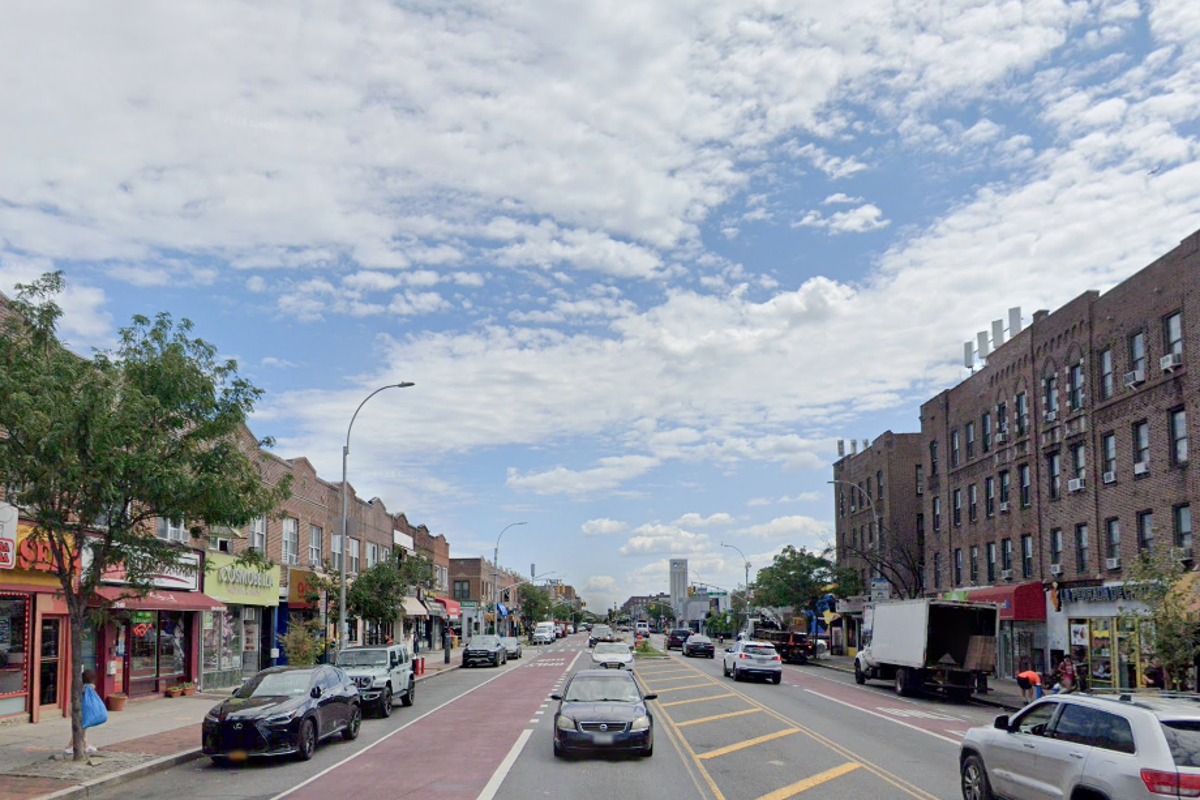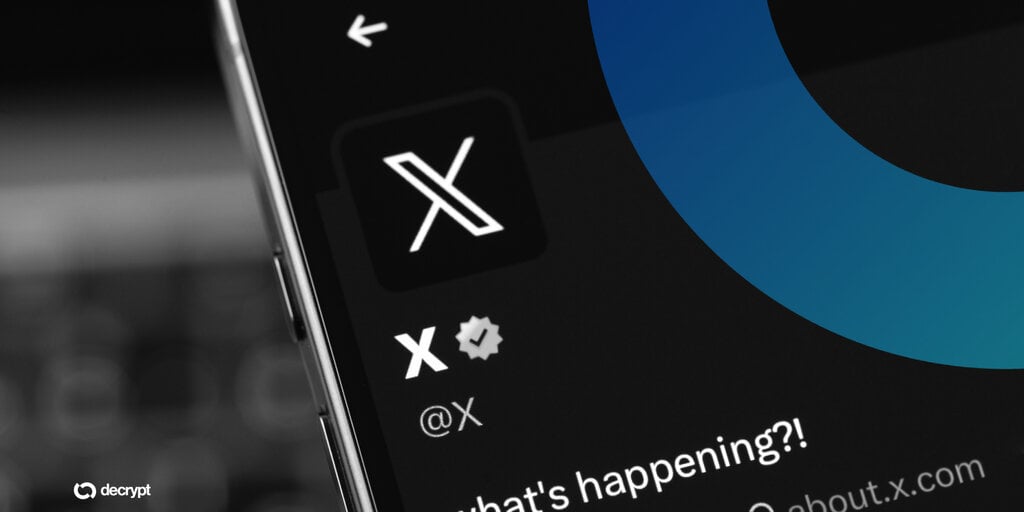Copyright CNBC

NiaChloe Bowman knew she didn't want to become one of the millions of student loan borrowers still making payments in their 30s and 40s. During her freshman year accounting class at Babson College, Bowman determined how long it would take for her to pay off the $19,000 she borrowed for school — and how much it would cost her in interest if she stuck to the standard 10-year repayment plan. "I projected out what my loan liability was going to be, and at that time it was going to be $25,000," the now-28-year-old tells CNBC Make It. Bowman vowed to get rid of her balance as soon as she could, avoiding additional interest along the way. Bowman's fears are a reality for many of the roughly 43 million Americans with student loan debt. Around 3.5 million of those borrowers are 60 and older and owe a total of $125 billion, according to the National Consumer Law Center. Nearly a third of borrowers 62 and older have been in repayment for over 25 years. For Bowman, avoiding loans altogether wasn't an option. Taking on debt to pay for her education "was the only way I was going to get out of poverty," she says. "There [were] no other options for me at the time, other than get student loans or stay in the hood." Here's how Bowman strategically paid off her student loans early and why she doesn't regret her choices. 'I wanted to…start a life for myself' Bowman paid off the entirety of her loans by October 2020, just 16 months after she graduated from college in May 2019, due to a strategic approach focused on aggressive early payments that let her pay as little in additional interest as possible. Toward the end of her senior year, Bowman put earnings from her part-time job toward making payments on her unsubsidized loans, which were already accruing interest, as opposed to her subsidized loans. The federal government covers the interest for subsidized borrowers while they're still in school and during certain forbearance periods, including a six-month post-graduation grace period. Bowman then took that grace period as an opportunity to keep bringing her balance down while preventing additional interest from accruing, she says. She graduated with around $18,000 left in debt and she used a bonus from her job to finish paying off her unsubsidized loans in their entirety shortly after leaving school. In addition to paying down her debt while she was in school, Bowman calculated how much she would need to contribute each month to eliminate her loans in about two years post-grad. From there, she calculated how much she would need to earn to be able to afford those payments on top of her living costs after graduating. "I couldn't accept a salary less than $70,000 if I wanted to get out of debt in two years and then also start a life for myself," she says. "I had to move into my own place when I graduated. The luxury of Mommy and Daddy having a place for me to come back home to — that just wasn't my story." 'If I have a goal, that's what I'm going to put most of my money into' Going into her senior year, Bowman secured a post-grad job with American Express, where she had previously interned, with a salary of $70,000. Once she graduated, she also set up automatic payments on her loans. When the Covid-19 pandemic began in 2020 and President Donald Trump instated a payment and interest forbearance on all federal loans to give borrowers relief during the crisis, Bowman continued making payments. The pandemic meant Bowman wasn't trying to do any major traveling or other social activities that could have otherwise made it difficult to keep prioritizing her debt. Her friends also knew that paying down her debt was a priority and Bowman likely wouldn't join for nights out or expensive dinners. "My friends just knew not to ask me," she says. "They knew that I was going to say no, because they know that if I have a goal, that's just what I'm going to put most of my money into." 'I didn't know any other way to graduate out of poverty' Though she wishes she could have started investing sooner, Bowman has "no regrets" about relying on loans to get her education, she says. She grew up in a low-income and single-parent household between the Brooklyn and Queens boroughs of New York. Her mother worked as a nurse in a nursing home until Bowman was a senior in high school. She got sick while Bowman was still in high school and passed away while she was in college. "By the time I got to college, financial aid and my part-time job supported me; I was responsible for paying some bills in college and would send money home," she says. "I decided to study business because I didn't know any other way to graduate out of poverty if I didn't understand how money flowed in America." Bowman was laid off from American Express in 2024 and currently teaches finance full time at a school in the Bronx borough of New York City. She also runs The $hmoney Coach, a business she started in 2020 that partners with schools and nonprofits to provide culturally relevant financial education. After paying off her loans in October 2020, Bowman started investing more, both in the market and herself, including starting therapy. "I was like, if I'm going to be a better person, I gotta change and process some of the things I haven't had the chance to process before," she says. Want to level up your AI skills? Sign up for Smarter by CNBC Make It's new online course, How To Use AI To Communicate Better At Work. Get specific prompts to optimize emails, memos and presentations for tone, context and audience. Plus, sign up for CNBC Make It's newsletter to get tips and tricks for success at work, with money and in life, and request to join our exclusive community on LinkedIn to connect with experts and peers.



